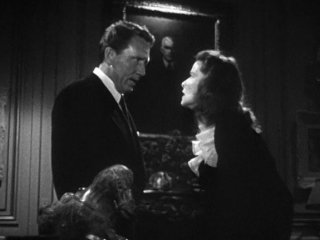Going back to the Capote them for a few weeks. Before I jump back into full movies, here are two things I couldn’t find anywhere (not streaming or in the used media store . . . at least not without signing up for subscriptions I can’t afford).
Life on Mars (A Simple Secret of the Note in Us All):
Life on Mars was a British crime drama about a 2006 cop who ends up in 1973. If you never saw it, it had an excellent soundtrack. Since it was successful, the U.S. of course had to copy it. Episode 12 was about, “While investigating the murder of a newspaper columnist, Sam crosses paths with a dangerous killer from one of his cases in the future and is convinced that he is guilty of this crime.” according to imdb.com. I don’t know how Truman Capote fits into this, but I can imagine he was thrown into the episode just to make a witty, biting remark.
Other Voices, Other Rooms:
Couldn’t find this movie, but I’ve seen the trailer and read the novella. The trailer was not well edited and I kept getting bored in the 2 minutes and 40 second span. The book is a coming-of-age story loosely based on Capote’s childhood including a strained relationship with an ill father, an older gay relative who influences the young main character’s views, and a tomboy best friend who is obviously based on Harper Lee. The book had things I did not enjoy (the part at the fair), so I probably would not have enjoyed seeing that part played out on screen.
Trilogy:
According to rarefilmm.com, “Three Truman Capote stories are presented in this anthology: In “Miriam,” a heartbroken nanny is told she isn’t needed to care for a new child. In “Among the Paths to Eden,” a lonely old woman visits a cemetery and meets a widower placing flowers on his late wife’s grave. In “A Christmas Memory,” a boy and his aunt prepare for Christmas by making fruitcakes for their family in small-town, pre–World War II Alabama.” Apparently, this has been on TCM, but I’ve never seen it. This suggests they play it very rarely. Of course, now that I say that it’ll probably be on tomorrow.
One Christmas:
This is another story based on Capote’s childhood with his beloved Aunt Sook and his estranged father. Apparently Henry Winkler and Katherine Hepburn are in it. Honestly, I did find it. I didn’t want to pay money for it. And who watches a Christmas movie in June?







